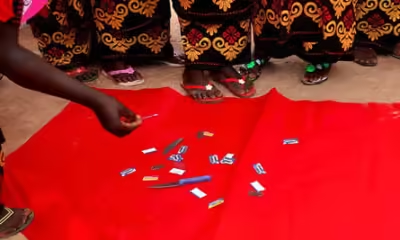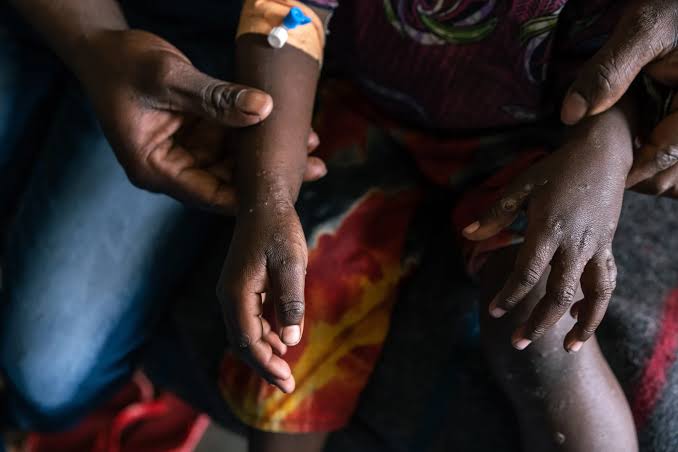Legislators in Gambia discussed whether to remove the prohibition on female genital mutilation, which has become more common in recent years despite protests by activists to stop the practice.
Female genital mutilation, or FGM, is punishable by severe fines and jail terms in the small West African country since 2015.
According to the World Health Organisation, there are no health benefits to the procedure, and it can cause severe bleeding, shock, psychological issues, and even death.
Female genital mutilation (FGM) refers to “all procedures involving partial or total removal of the female external genitalia or other injury to the female genital organs for non-medical reasons.” FGM is a violation of girls’ and women’s human rights.
The repeal measure was introduced by legislator Almameh Gibba earlier this month. According to Gibba, the restriction infringes on citizens’ rights to practise their culture and religion. The majority of the population in Gambia is Muslim.
The Gambia will be the first nation to lift its prohibition on FGM if the measure is approved. The speaker of the parliament announced that after debating the bill, the MPs decided 42 to 4 to send it to a parliamentary committee for consideration.
The committee would likely revise the law before returning it to the national assembly for a vote, a process that often takes three months or longer.
The United Nations Children’s Fund announced earlier this month that the number of women and girls who have undergone FGM globally has climbed to 230 million from 200 million eight years ago.
With over 144 million cases, it stated that the majority of those women and girls were identified in African nations. Asia had over 80 million cases, and the Middle East had over 6 million cases.
Although it pointed out that more than half of the 92 nations where female genital mutilation is practised have legislation against it, advocacy group Equality Now claimed that criminalization was a critical step in the fight against female circumcision.
According to U.N. estimates, the prevalence of female genital mutilation in the Gambia has drastically decreased since the practice was outlawed.
“If the law is reversed in Gambia, there is a risk that the advocacy efforts in subsequent countries … will fail or go back,” said Caroline Lagat, a programme officer at Equality Now.
More than 230 million women and girls have had their hair chopped worldwide. Africa, with more than 144 million, makes up the biggest portion of this total. With almost 80 million, Asia comes in second, and the Middle East has an additional 6 million.





































